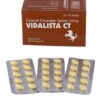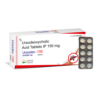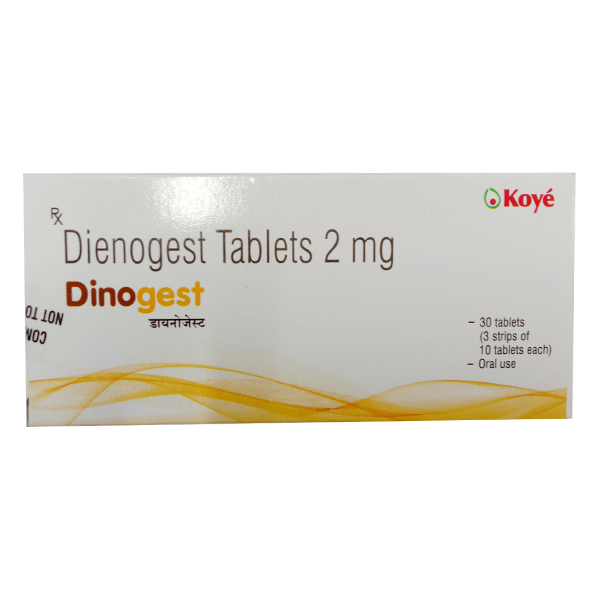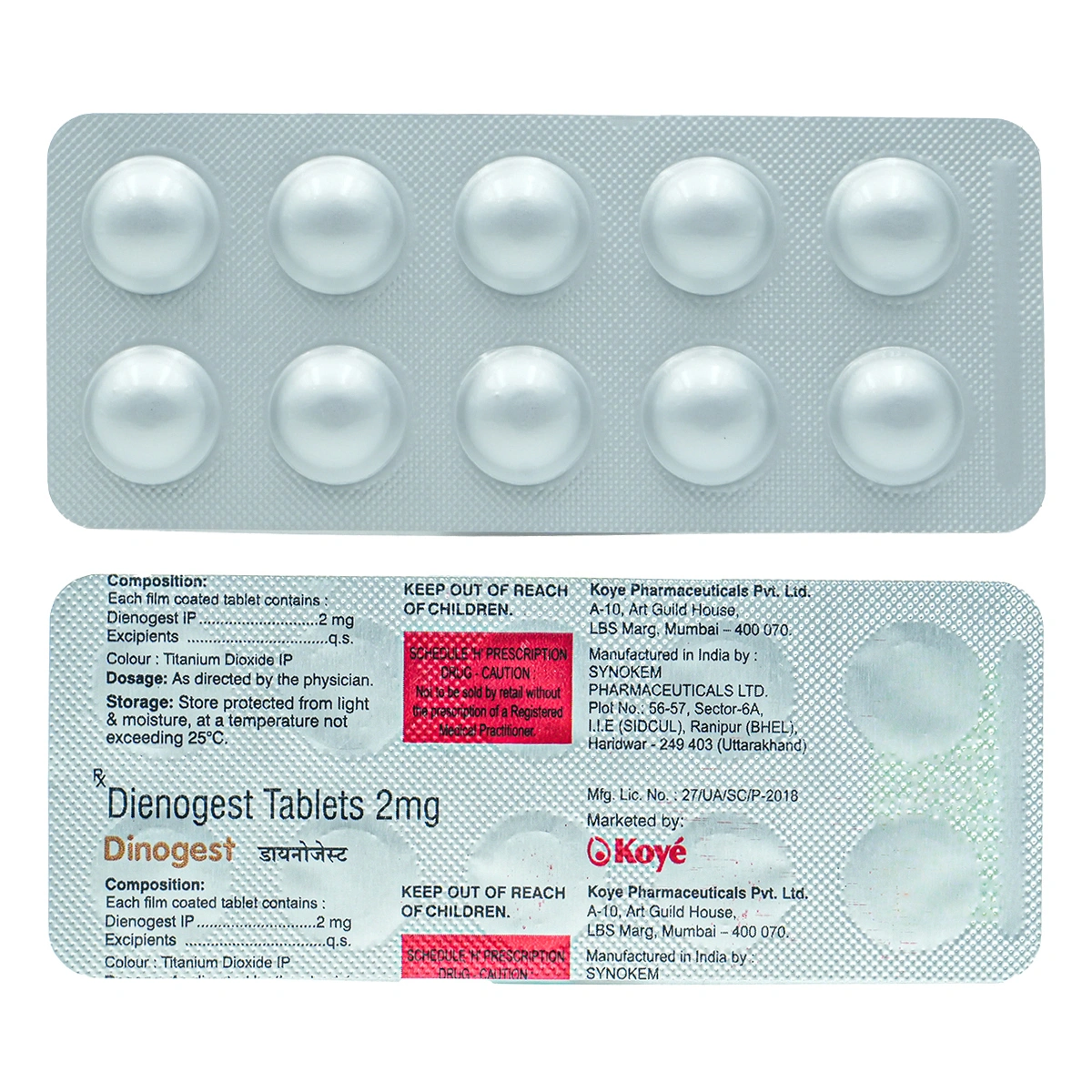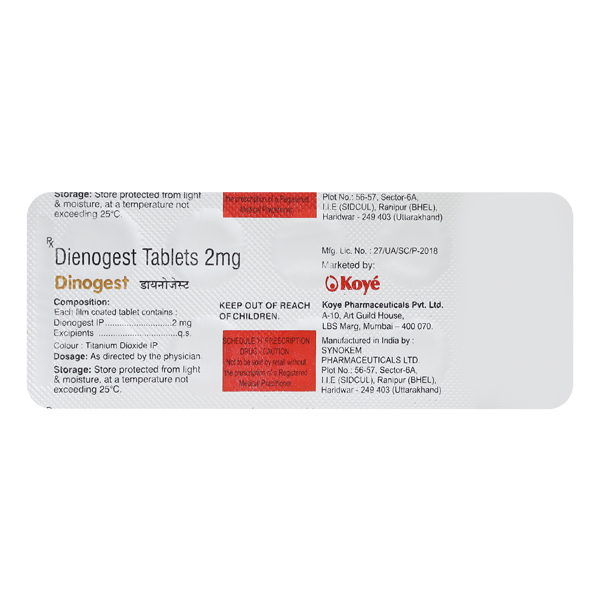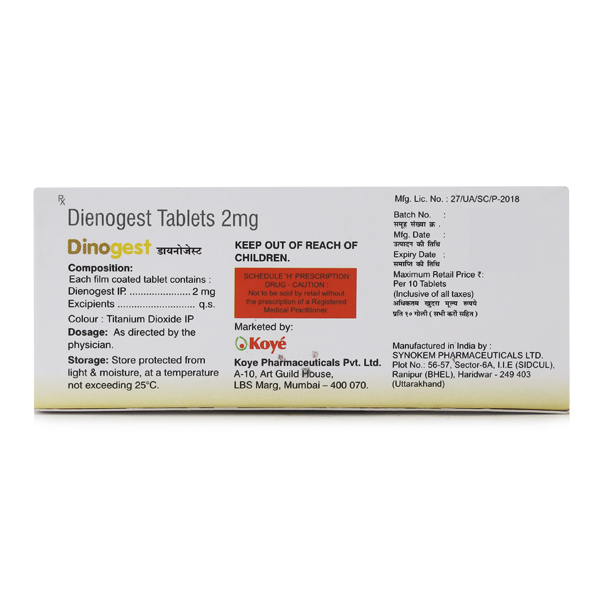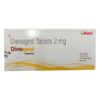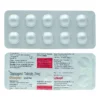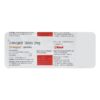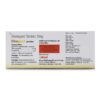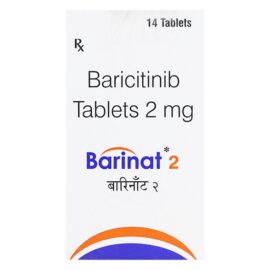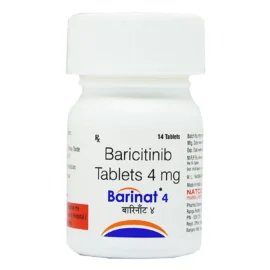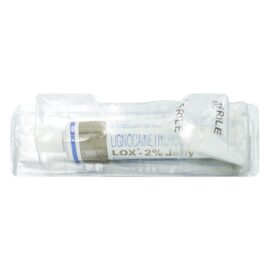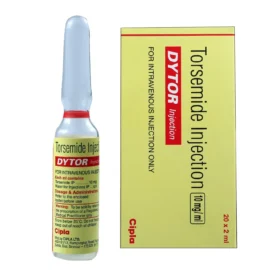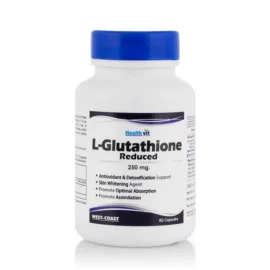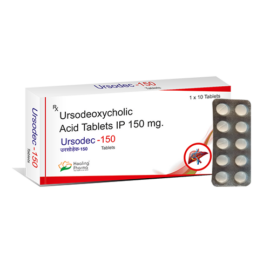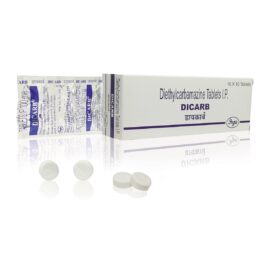Dienogest
✅ Relieves menstrual pain
✅ Reduces menstrual bleeding
✅ Treats endometriosis symptoms
✅ Regulates menstrual cycles
✅ Minimizes pelvic discomfort
Dinogest contains Dienogest.
Product Overview
Dinogest is a pharmaceutical preparation containing Dienogest (2mg) as its active ingredient, formulated in tablet dosage form. As a synthetic progestin compound, it exhibits pharmacological properties similar to natural progesterone. This medication is primarily indicated for the management of endometriosis – a gynecological disorder involving ectopic growth of endometrial-like tissue. Through its hormonal regulatory effects, Dinogest effectively mitigates endometriosis-related symptoms and enhances patient well-being.
Therapeutic Indications
Dinogest is clinically prescribed for:
- Symptomatic treatment of endometriosis manifestations including chronic pelvic pain, dysmenorrhea (menstrual cramps), and dyspareunia (coital pain)
- Inhibition of ectopic endometrial tissue proliferation and prevention of new lesion formation
Administration Guidelines
For optimal therapeutic outcomes:
- Administer orally with water, with food intake being optional as per physician’s instructions
- Maintain strict adherence to the prescribed dosing schedule
- In case of missed dose: take immediately when remembered unless approaching next scheduled dose time
Mechanism of Action
Dinogest exerts its therapeutic effects through dual mechanisms: ovulation suppression and endometrial atrophy induction. By creating a hypoestrogenic environment and modulating progesterone receptor activity, it effectively controls the proliferation of aberrant endometrial implants while alleviating associated inflammatory symptoms.
Dosage Protocol
The standard therapeutic regimen involves daily administration of one tablet, preferably at consistent timings. Dosage adjustments may be implemented based on individual therapeutic response and tolerance profile, as determined by the treating physician.
Therapeutic Advantages
- Significant reduction in endometriosis-associated pain symptoms
- Effective suppression of ectopic endometrial tissue progression
- Hormonal regulation leading to improved menstrual regularity
- Patient-friendly once-daily oral dosing regimen
- Sustained symptomatic relief with continued therapy
Adverse Effects
The most frequently reported treatment-emergent adverse events include cephalgia, nausea, mastalgia, breakthrough bleeding, and affective disturbances. These manifestations are typically mild in intensity and often resolve with ongoing therapy.
Precautions
Concomitant use with hepatic enzyme inducers or anticoagulants requires careful monitoring. Patients should disclose all concurrent medications, including nutraceuticals and phytopharmaceuticals, to prevent potential pharmacodynamic interactions.
Contraindications & Warnings
Dinogest requires cautious use in patients with hepatic impairment, cardiovascular pathologies, or thromboembolic predisposition. A comprehensive medical evaluation is mandatory prior to therapy initiation. Immediate medical consultation is advised upon occurrence of any uncharacteristic symptoms or hypersensitivity reactions.
Storage Conditions
Maintain product integrity by storing in temperature-controlled environments (15-30°C) protected from humidity and light exposure. Ensure proper child-proof containment and strictly observe the labeled expiration date.
Medical Disclaimer
The provided information represents carefully vetted, evidence-based medical content intended for educational purposes only. This material neither substitutes professional medical advice nor encompasses exhaustive safety information. Patients must consult qualified healthcare providers for personalized therapeutic guidance and to address all clinical concerns. This content aims to facilitate informed patient-physician discussions rather than replace them.
| Strength | 2 mg |
|---|---|
| Quantity | 10 Tablet/s, 30 Tablet/s, 60 Tablet/s, 90 Tablet/s, 180 Tablet/s |









